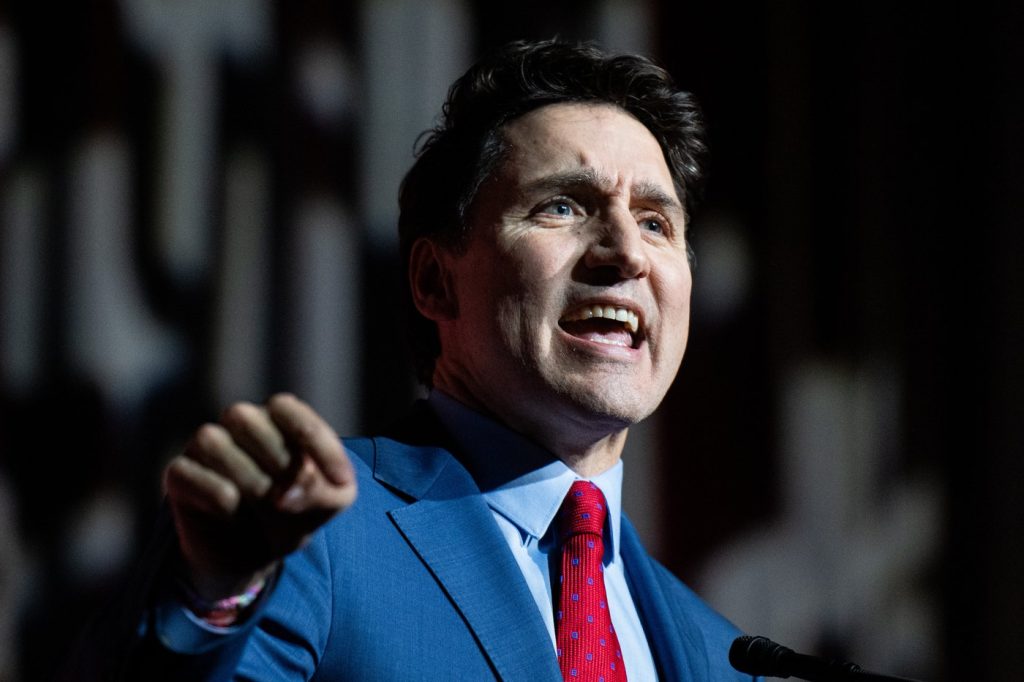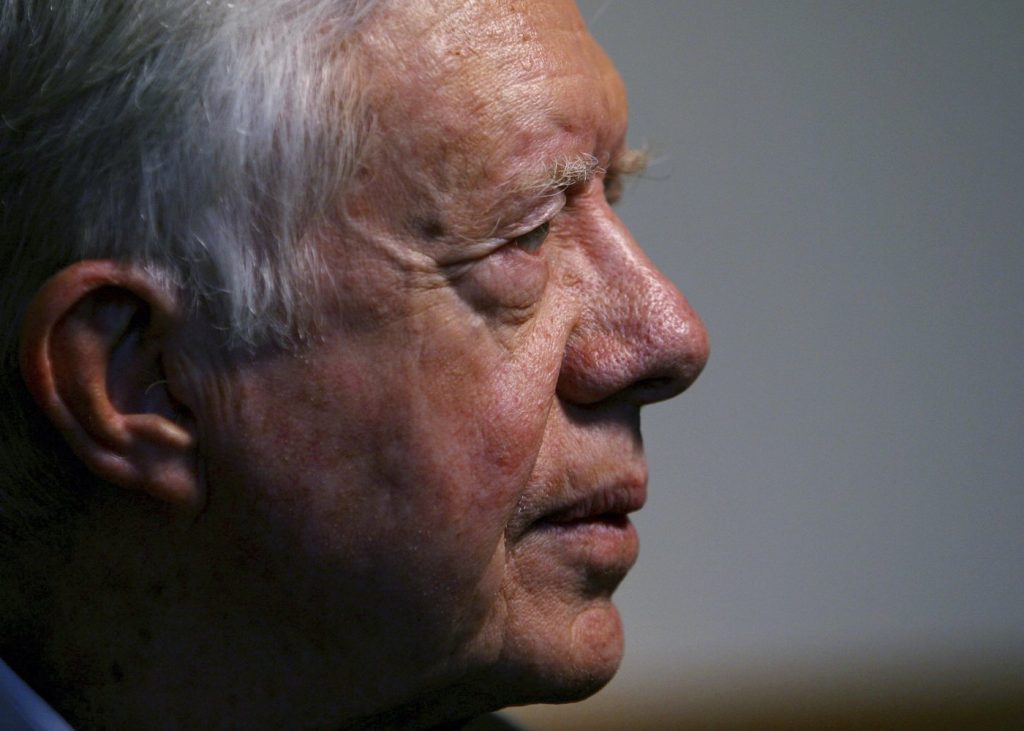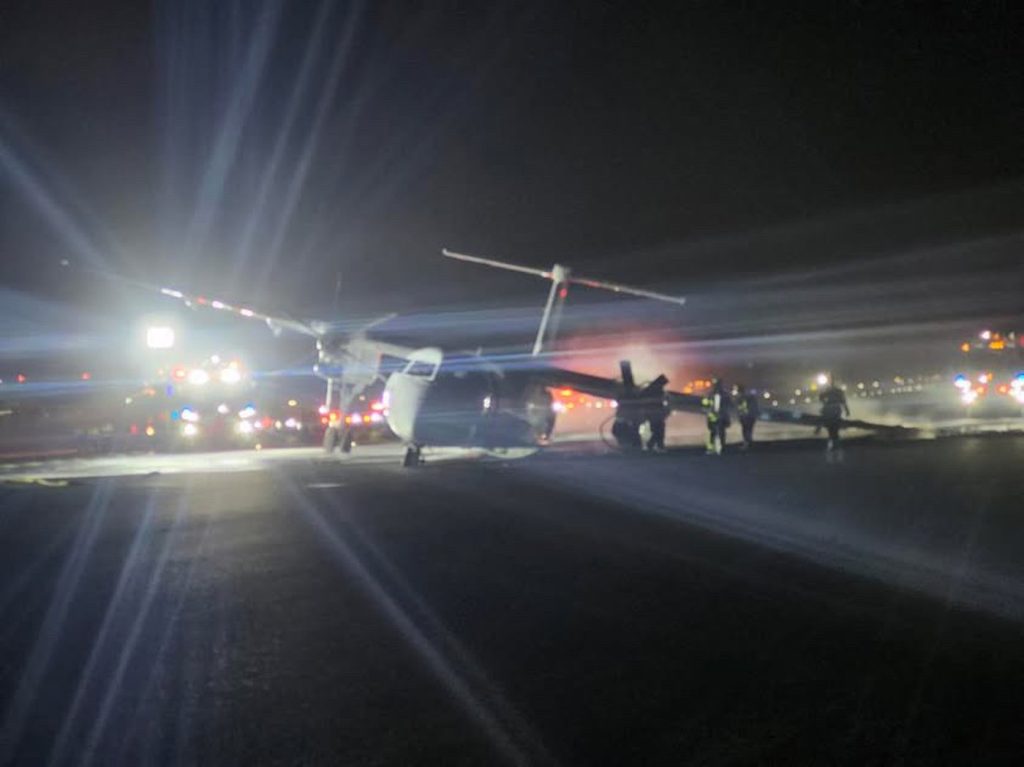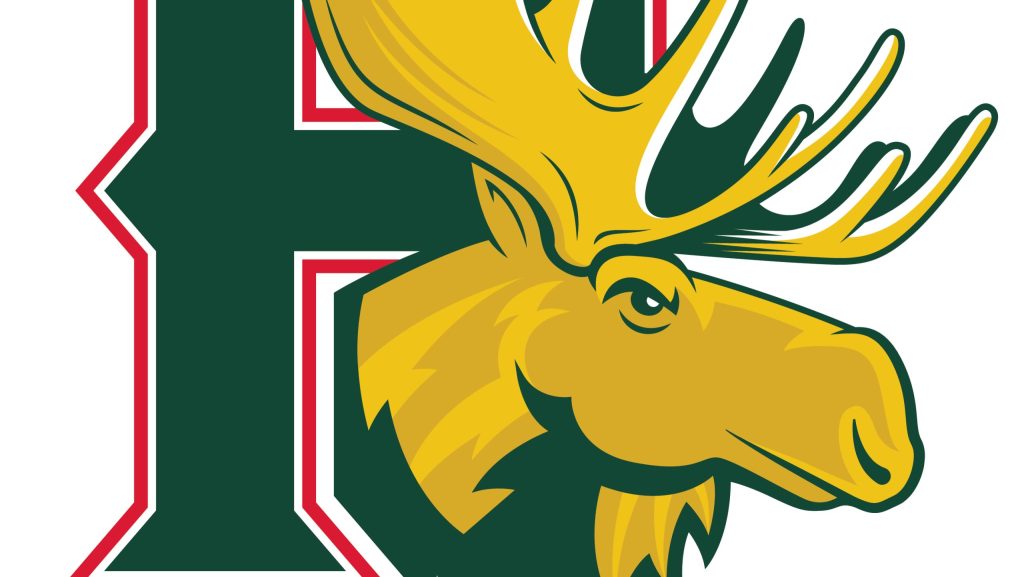Drama eclipses Trudeau’s cabinet shuffle amid sabre rattling over election timing

Posted Dec 20, 2024 05:00:12 AM.
Last Updated Dec 20, 2024 06:15:14 PM.
OTTAWA — Political drama eclipsed Prime Minister Justin Trudeau’s move to rejuvenate his cabinet with fresh faces following a tumultuous week, underscoring questions about how much gas he has left in the tank as Liberal leader.
The shuffle came five days after Chrystia Freeland abruptly resigned as finance minister Monday after Trudeau had told her he was going to demote her to a different job. The move prompted a new uprising against Trudeau, with more than a dozen Liberal MPs now openly calling for him to resign.
Trudeau said in brief remarks Friday after a cabinet meeting that it’s exactly one month until president-elect Donald Trump takes office and his cabinet’s focus must be to prepare for that.
“We know how important it is for Canadians that we be there to protect not just the Canadian economy, but their jobs, the cost of living challenge that they’re facing that could get even worse,” he told reporters camped outside of his office in parliament. “We have a lot of work to do and that’s what we’re focused on.”
The typical excitement and celebratory vibes of a cabinet shuffle were absent earlier Friday, as eight backbench Liberals were promoted to cabinet and four existing ministers got new or additional roles.
They wanted to talk about being united in the face of tariff threats from Trump. But the only real questions for them were about why they’d join cabinet now, whether they still support the prime minister and how much longer the government can survive.
Montreal MP Rachel Bendayan, the new minister of official languages and associate minister of public safety, said her decision to join the cabinet came because her decision to enter politics was to serve Canadians, not focus on partisan fights.
“I have an incredible opportunity to help protect Canadians’ safety and I will do that with every ounce of my being,” she said, shortly after being sworn into cabinet.
But being in cabinet long enough to do that seems in doubt, after NDP Leader Jagmeet Singh declared just ahead of the shuffle that he is now ready to vote down the government and will attempt to trigger an election in the new year.
Trudeau, who did not take questions after the cabinet shuffle, had told his caucus he would reflect on his leadership following an emergency caucus meeting following Freeland’s resignation on Dec. 16. None of the ministers seemed to know how long that reflection would take, and at least one — new Public Safety Minister David McGuinty, said he hadn’t even asked Trudeau about it when they spoke about the cabinet job.
Bendayan, a lawyer before she was elected in a byelection in 2019, appeared to acknowledge the road is a bit tricky for the prime minister right now.
“Politics is about choices, very often those are difficult choices,” she said. “I think the prime minister was quite clear that he has a choice that he’s reflecting on.”
Crown-Indigenous Relations Minister Gary Anandasangaree, at the shuffle because he had northern affairs added to his portfolio, suggested the reflection will happen “over the next few weeks.”
Most ministers who stepped up to the microphone after the ceremony tried to focus on a need to be prepared for the tariff battle expected to play out when Trump takes office on Jan. 20.
“I believe this is a moment where we need to stand united,” said Transport Minister Anita Anand.
“I would ask at this time, this very critical juncture, that we all push in the same direction,” implored new Veterans Affairs Minister Darren Fisher. “It’s time that we all get on the same track.”
Friday’s shuffle plugged gaps in Trudeau’s front bench and reassigned roles, after several cabinet ministers decided not to run in the election next year. Though, he did not move the major players on his team.
Dominic LeBlanc was sworn in as finance minister Monday night, and his public safety portfolio was given to McGuinty on Friday.
In addition to Bendayan, Fisher and McGuinty, Brampton, Ont. MP Ruby Sahota, becomes minister of democratic institutions and responsible for the Federal Economic Development Agency for southern Ontario, St. John’s, N.L. MP Joanne Thompson becomes minister for seniors, Winnipeg MP Terry Duguid is sport minister, and Toronto MP Nate Erskine-Smith becomes housing minister.
About a year ago, Erskine-Smith said after his failed provincial leadership bid that he would not seek re-election so he can spend more time with his family. Now he says he thinks he can make a difference in his new role dealing with the country’s housing crisis, even if he has a short runway with the next election just around the corner.
Upward of 17 Liberals have called for Trudeau to step down.
Nepean, Ont. MP Chandra Arya made a post on social media calling for Trudeau to step aside and for caucus to rally behind Freeland as a “credible and stable” alternative to Trudeau as leader.
Toronto MP Rob Oliphant, who held an emergency meeting in his riding with constituents this week to hear their thoughts, also said Friday it’s time for Trudeau to step aside for the good of the party and the country. In a letter posted to social media Friday Oliphant said party faithful in his riding told him Trudeau has “become a key obstacle” to progress on the government’s progressive agenda and its “record of achievements is now at risk.”
Singh vowed he will attempt to bring down the government in a vote of non-confidence once Parliament resumes in the new year, although he waited until the House of Commons had adjourned for the holidays to take this position and had prevented the government from being defeated throughout the fall sitting.
Conservative Leader Pierre Poilievre sought to up the ante on Singh’s move Friday by saying Parliament should immediately reconvene for a non-confidence vote to bring an end to what he called a “chaotic clown show” of a government.
Bloc Québécois Leader Yves-François Blanchet recently said he believes Canadians should go to the polls in the new year as the country faces president-elect Trump’s tariff threats.
Parliament is not scheduled to return until Jan. 27, but opposition parties may not get a chance to pose non-confidence votes for weeks after that.
Trudeau has several options to delay such a vote that could bring down his government, including by pausing parliament through proroguing. That could buy his party time to hold a quick leadership race, or reset the agenda while the governing party waits out the threat as long as possible until parliament has to return to pass spending measures.
This report by The Canadian Press was first published Dec. 20, 2024.
Kyle Duggan, The Canadian Press
<!– Photo: d121f4b949db0e0cfc3c9138055f82a4a1d957d7129f91e61af890b4f1189e78.jpg, Caption:
Prime Minister Justin Trudeau delivers remarks during a National Caucus holiday event in Ottawa, on Tuesday, Dec. 17, 2024. THE CANADIAN PRESS/Spencer Colby
–>








